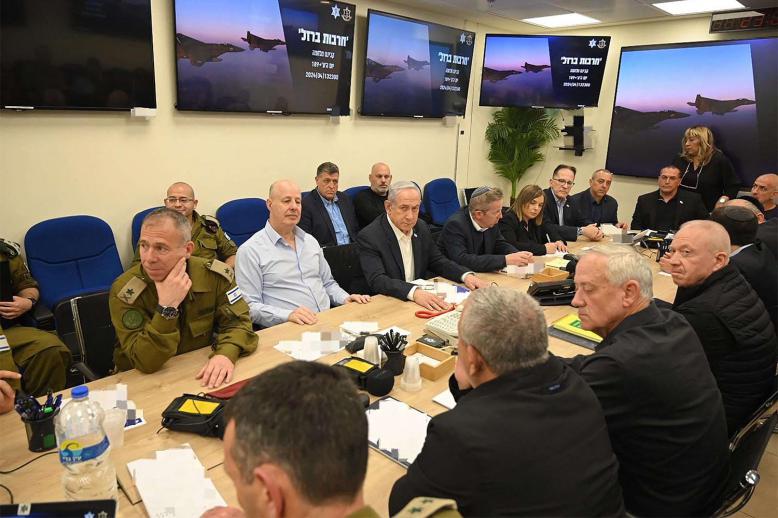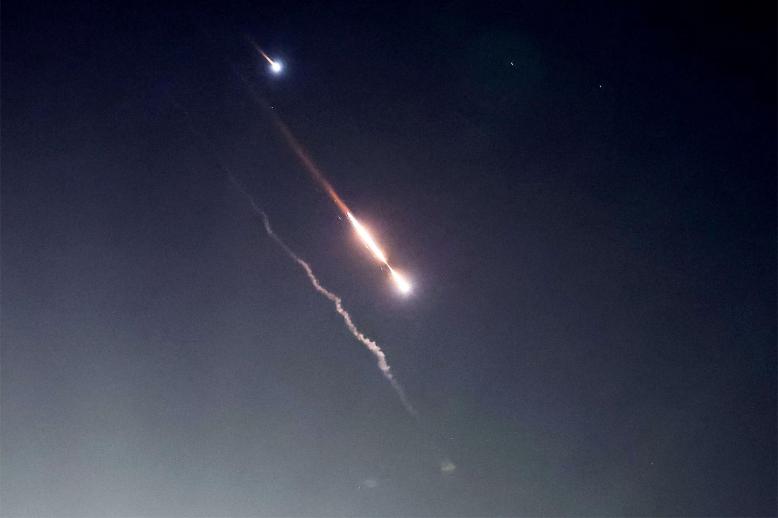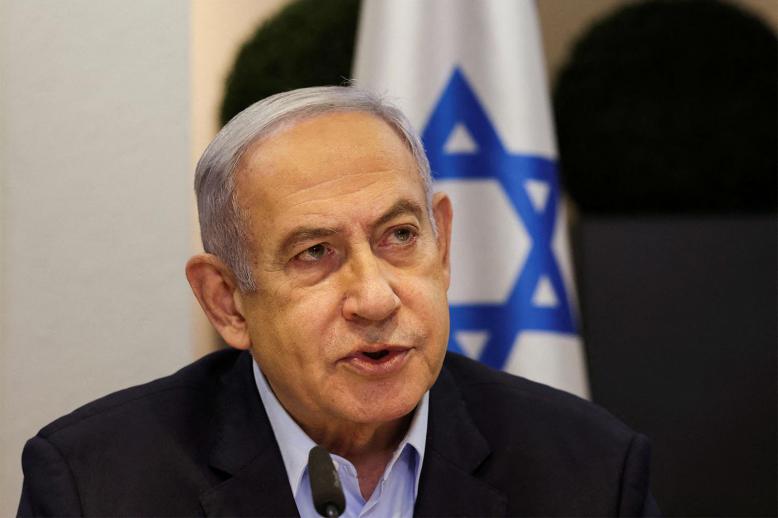The Scandals and the Iraqi Election
The Iraqi election is supposed to be held on May 12. This election is witnessing the strongest forms of divisions among the political parties. Thus, observers say that it will be like a direct conflict in which the local, regional, and global players will take part. In this dangerous game, all dishonest means will be used.
In the recent days, the electoral wars have started. Every big party is ready for humiliating its opponents. Therefore, such parties have pursued a harsh campaign to defame some of the candidates. They are now trying to explore any simple sin to be exploited against those candidates and against their political blocks.
Social Media has become an arena where such a war is escalating. Here, the sexual scandals are currently being published widely. One of these inhuman campaigns had targeted a woman within the political alliance of the Iraqi Prime Minister Haidar Al-Abadi. A footage that showed her in special moments was spreading like wildfire over the Facebook and Twitter. Though she appeared later to deny the fake story of that video, people have not stopped posting that short film on their sites.
Some local media agencies, such as Sumer News, alleged that Abadi accused his rivals of issuing this video. It added that Abadi met with the other leaders of his party, Al-Dawa party, and confirmed that there is a rapid decline in the morals of the political contest between the political parties. It also indicated that Abadi promised this would not go unpunished.
In fact, we are facing a new social phenomenon in the Iraqi community. People have become delighted in spreading such scandals without taking into account their catastrophic results on the individuals, accused of committing such mistakes. People have got more accustomed to using the digital screens of laptops and phones. Thus, they feel that they achieve something important when they exchange the special news and information about the other people. Actually, they do not care who the victim is as long as he/she is not one of their clan. Hence, this bad behavior must be criticized.
I am not talking here about the values of honor and virtue. I know that such sexual relationships must be condemned. Thus, I am focusing here on how the special part of our life has become a political matter. And how social media has turned this into a nightmare threatening all. Some fake pictures and videos are being used for blackmail and for affecting the electoral behavior of people. The community does not even think about whether these videos are true or false. They just want to feel euphoria while seeing people talking about a specific subject: the scandals.
This electoral competition is not fair at all. It wants us to turn a blind eye to the corruption of the political parties. And it also wants us to focus more on the scandals rather than the election process itself. This is a dirty strategy that everyone must stand against. Otherwise, we will participate in creating a more corrupted government for the next four years.
If we keep walking in this direction of our life interactions, we will be more isolated socially. Furthermore, we will feel more lonely. This will lead us to more complicated consequences.
In his new article, the American journalist David Brooks wrote in the New York Times:" The big issue surrounding Facebook is not privacy. It’s that Facebook and other social media companies are feeding this epidemic of loneliness and social isolation. It’s not only that heavy social media users are sadder. It’s not only that online life seems to heighten painful comparisons and both inflate and threaten the ego. It’s that heavy internet users are much less likely to have contact with their proximate neighbors to exchange favors and extend care. There’s something big happening to the social structure of neighborhoods". Likewise, his words are greatly acceptable to analyze what is going on in the Iraqi social environment.
Politicians today control our lives. They exploit every possible thing to reach their dreams. This cancer will destroy the family structure and the social system that we must protect from these political tricks and ventures. When the boundaries are clearly drawn between the political and social spaces, we can logically, psychologically, and ethically discuss such problems without damaging the reputation of any person for political purposes.
Diyari Salih is an Iraqi academic, Ph.D. in Political Geography, Baghdad, Post-Doctorate in International Relations, Warsaw, Focuses on the Geopolitical Issues in Iraq.



